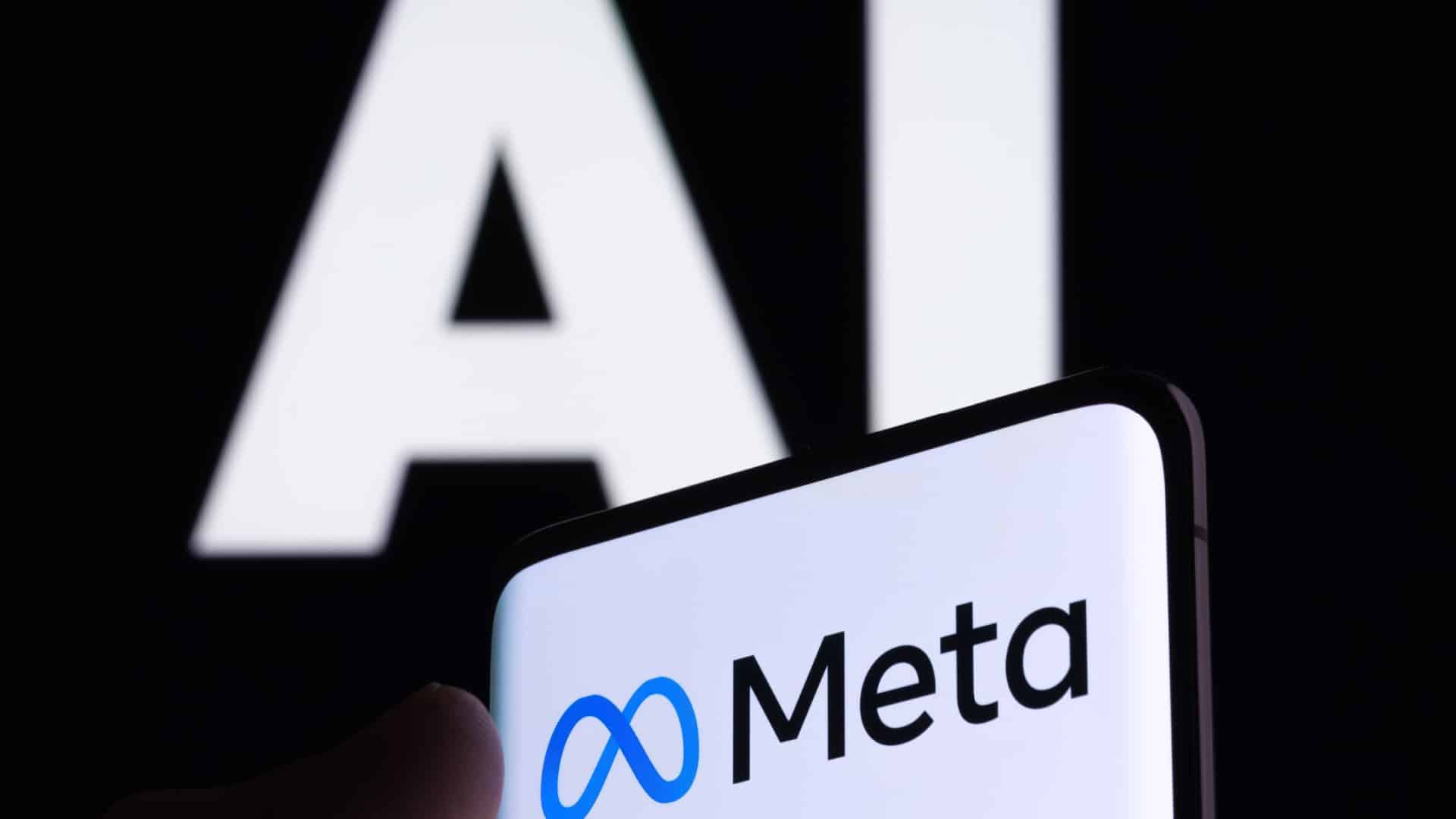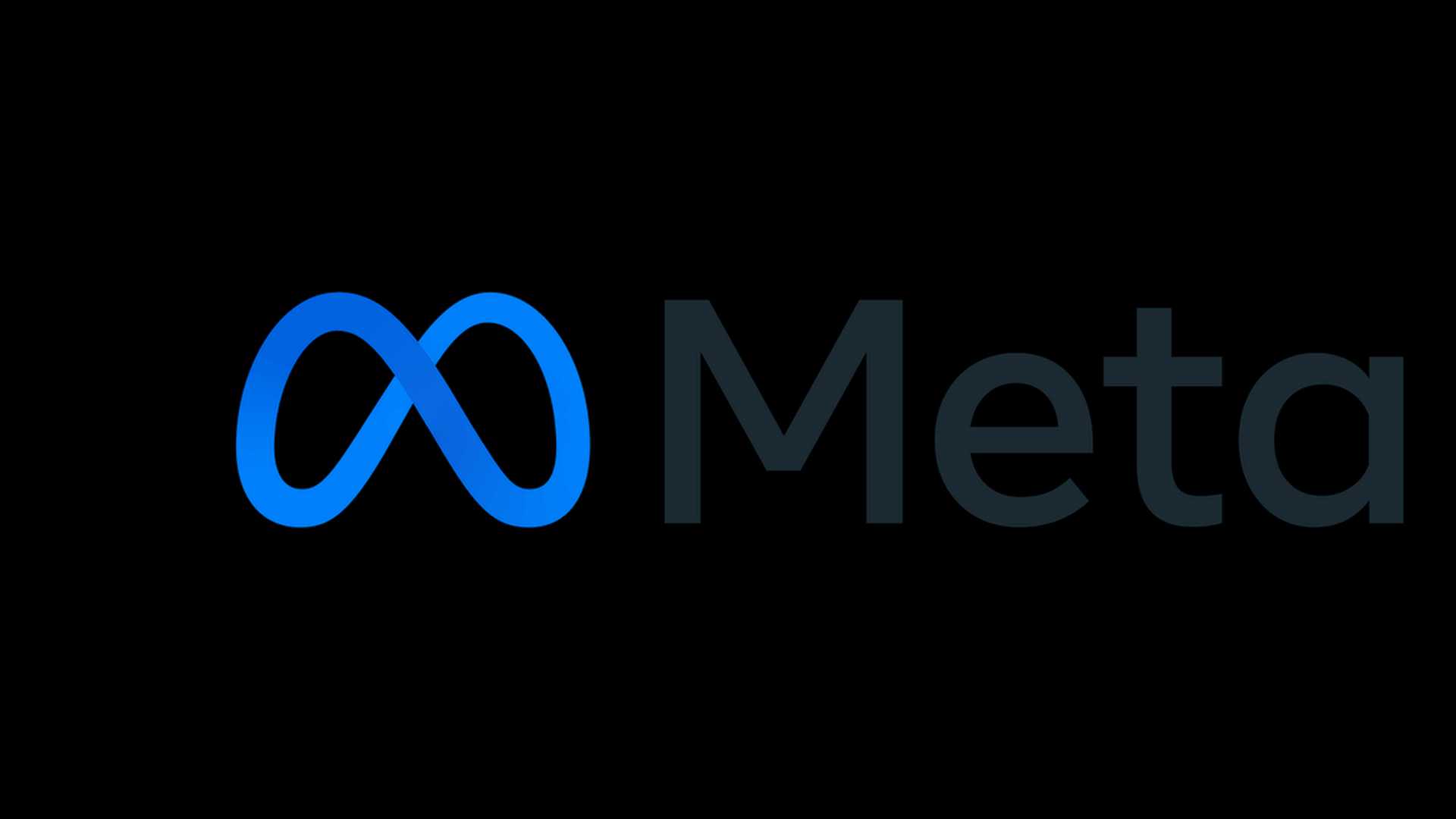How Meta Getting Into The AI Search Game Could Be A Game Changer
Meta’s entry into AI-powered search has the potential to reshape online advertising and challenge the dominant paradigm in digital information discovery. By developing a search engine that crawls the web and provides conversational answers through its Meta AI chatbot, Meta isn’t merely diversifying its capabilities; it’s redefining what search could mean within a social ecosystem. Although Meta isn’t directly challenging Google’s position in web search, its unique approach could shift the balance in online advertising by tapping into its vast social data and platform ecosystem.
Meta's Different Approach
Meta’s move into AI-powered search isn’t about competing head-to-head with Google. Instead, it aims to strengthen Meta’s own ecosystem by reducing reliance on Google and Bing for AI-generated insights while building out search capabilities that enhance user experience across Meta’s platforms. Just as Apple leverages search to enrich its ecosystem without replacing Google, Meta’s strategy aims to increase user engagement on Facebook, Instagram, and WhatsApp by providing rich, AI-generated insights on current events tailored to users’ interests and social connections.

Challenges and Opportunities
With a reported 185 million weekly users, Meta already has the massive distribution needed to make its search capabilities impactful. Its social graph data offers a unique advantage, enabling more personalized search experiences that reflect users’ interests and social interactions. However, Meta lacks the extensive web crawling infrastructure and the feedback loops derived from search clicks that Google has perfected over decades. Google’s vast “search flywheel” of queries and click-through data enables a feedback-rich system, constantly refining results based on user engagement. Without this, Meta’s AI search may find it challenging to achieve the same precision and comprehensiveness, especially outside of the social content space.
Competition and Outlook
Even with Microsoft investing over $100 billion into Bing, it only commands a single-digit market share, showing how defensible Google’s position in search remains. However, Meta’s potential lies in carving out a meaningful role in social search and AI-assisted information discovery within its own ecosystem. Much like TikTok has become a go-to search tool for Gen Z users in certain categories, Meta could appeal to specific demographics and interests within the social media sphere. Meta’s search feature could complement user interactions with its AI chatbot, keeping users within the ecosystem for more of their information needs.

Implications for Online Advertising
Meta’s entry into AI search could significantly shift online advertising by leveraging its vast social data for highly personalized ad experiences. Unlike Google, which primarily relies on search intent data to serve ads, Meta has extensive knowledge of users’ social behavior, interactions, and preferences within its platforms. Integrating search into Meta’s AI chatbot could enable advertisers to target audiences with greater precision based on social signals rather than just keywords or search intent. This shift has implications for how brands approach online advertising strategies, allowing them to reach consumers in more personalized and socially contextualized ways.
Future Developments
Meta’s strategy for AI search likely involves a multi-faceted approach to stay competitive in a changing digital landscape. In addition to developing its web-crawling capabilities, Meta has recently struck a deal with Reuters, highlighting its intent to source high-quality news content. This partnership suggests that Meta is interested in providing current, reliable information on a wide range of topics, which could help enhance its AI search credibility. Moreover, Meta’s extensive social graph allows it to personalize search experiences in ways that Google has struggled to achieve.











